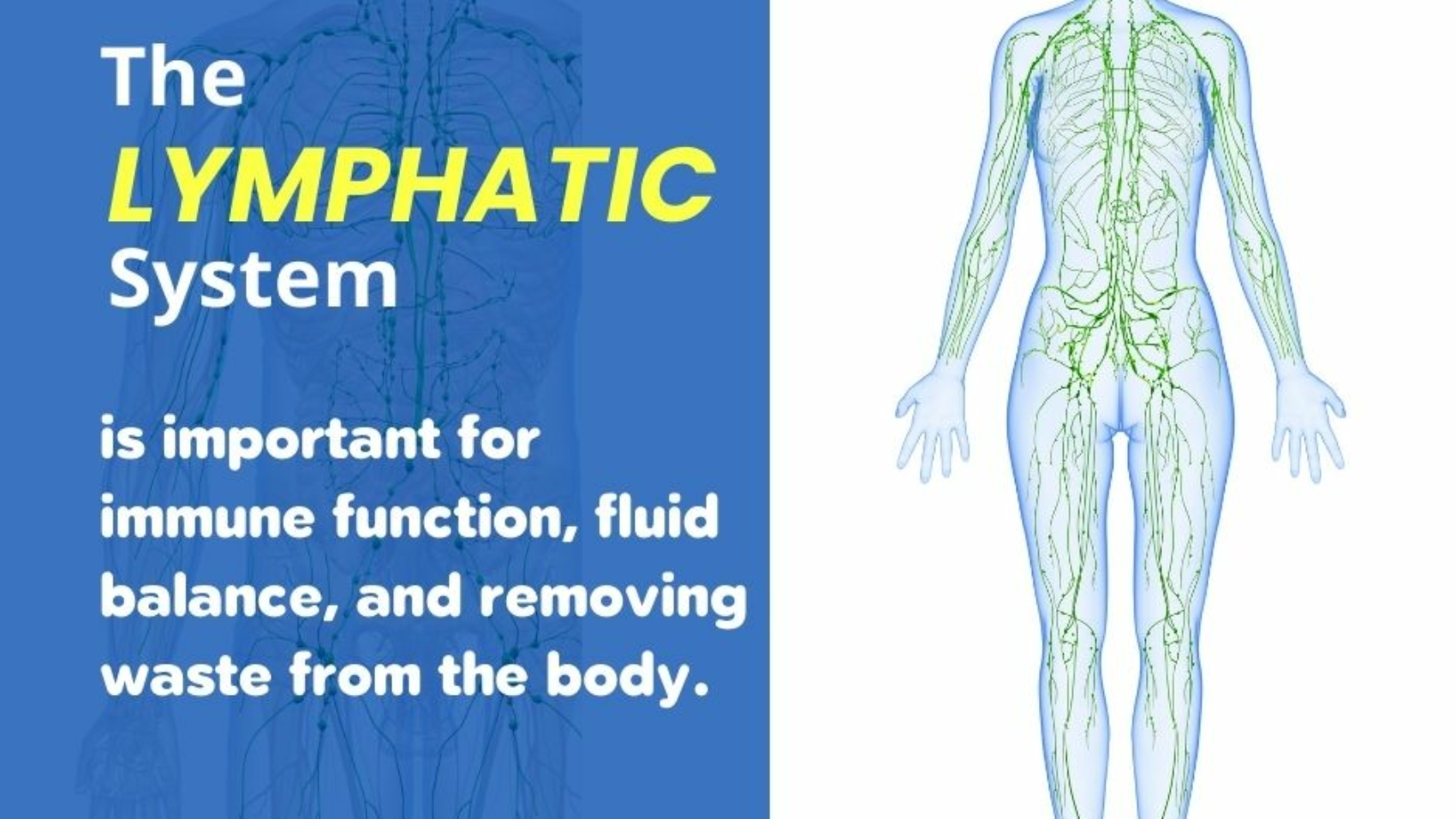Manual Lymphatic Drainage (MLD) is a specialized massage technique designed to support the lymphatic system, a crucial component of the immune system responsible for removing toxins and maintaining fluid balance. In this article, we will explore what MLD is, its numerous benefits, and the contraindications to ensure safe and effective use.

What Is Manual Lymphatic Drainage?
Manual Lymphatic Drainage is a gentle, therapeutic massage technique that stimulates the movement of lymph fluid through the body. Using light, rhythmic strokes, MLD helps to direct lymph flow toward lymph nodes, where toxins and waste are filtered out. Unlike traditional massage, MLD targets the lymphatic vessels and nodes rather than the muscles, making it a unique approach to health and healing.
Want to learn more about the lymphatic system? Check out our article on the lymphatic system to explore how it works

How It Works
The lymphatic system lacks its own pump, relying on body movement and manual techniques to function effectively. MLD enhances this process, reducing lymph stagnation and promoting better circulation.
The Benefits of Manual Lymphatic Drainage
- Reduces Swelling and Fluid Retention
MLD is particularly effective in reducing swelling caused by injuries, surgery, or medical conditions like lymphedema. - Boosts Detoxification
By improving lymphatic flow, MLD helps the body eliminate toxins, resulting in better skin health and overall well-being. - Promotes Healing
After surgery or an injury, MLD can accelerate recovery by reducing inflammation and supporting tissue repair. - Improves Skin Conditions
Regular MLD can reduce puffiness, diminish the appearance of cellulite, and help manage acne by promoting detoxification and circulation. - Supports the Immune System
A well-functioning lymphatic system is crucial for a strong immune response. MLD can enhance immunity by encouraging the efficient removal of waste and pathogens. - Relieves Stress
The gentle, repetitive movements of MLD create a calming effect, reducing stress and promoting relaxation.

Contraindications for Manual Lymphatic Drainage
While MLD is beneficial for many, it is not suitable for everyone. Always consult a healthcare provider before starting MLD, especially if you have any of the following conditions:
- Active Infections
MLD may exacerbate infections by stimulating the spread of pathogens. - Heart Conditions
People with congestive heart failure or severe cardiovascular issues should avoid MLD as it can increase fluid load. - Blood Clots (Thrombosis)
MLD may dislodge clots, leading to potentially life-threatening complications. - Kidney Disease
MLD increases fluid movement, which could strain the kidneys in those with compromised function. - Cancer
MLD should not be performed near active cancer sites without medical clearance.
Tip: Always communicate your medical history to a certified MLD therapist to ensure safe treatment.
Note: To better understand the proper techniques and benefits of lymphatic massage, visit the Cleveland Clinic









 My experience as a massage therapist has led me to a deep appreciation for the lymphatic system. Often overshadowed by the circulatory or nervous system, the lymphatic system is critical to maintaining health and vitality. Through my studies and practical experience, I have discovered the profound impact this system has on our overall well-being and its fascinating connections with our life energy. This is reflected in the principles of Chinese medicine, where meridians and lymph nodes are closely connected.
My experience as a massage therapist has led me to a deep appreciation for the lymphatic system. Often overshadowed by the circulatory or nervous system, the lymphatic system is critical to maintaining health and vitality. Through my studies and practical experience, I have discovered the profound impact this system has on our overall well-being and its fascinating connections with our life energy. This is reflected in the principles of Chinese medicine, where meridians and lymph nodes are closely connected.

 How to maintain lymphatic health
How to maintain lymphatic health